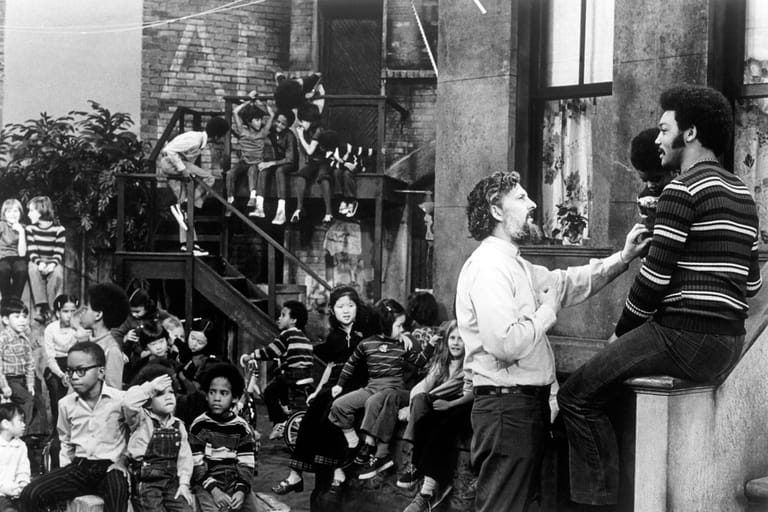The revolution will be televised --- on a kids' show, no less, according to a new documentary.
"Street Gang: How We Got to Sesame Street," in select theaters nationwide on Friday and inspired by a Michael Davis book, explores how a team of "rebels" had the wild idea to educate kids through the democratizing medium of TV --- and create a world inspired by the civil rights movement that still resonates nearly 52 years on.
"It was like a ripple effect: pulling people in until they got a dream team of individuals who used the power of television and creativity and really purposeful intention to do something that had never been done before," Ellen Scherer Crafts, who produced the documentary with her husband Trevor Crafts, told The Post.
Added Trevor: "We still have a show that pushes those boundaries and continues to experiment and try new things, and be very socially relevant."
Children's Television Workshop (now known as Sesame Workshop), the organization that debuted "Sesame Street" in 1969, was co-founded by Carnegie Foundation psychologist Lloyd Morrisett and television producer Joan Ganz Cooney, now both 91.
At times of greater racial and socioeconomic divisions in the late 1960s, the two set their focus on disadvantaged children --- primarily inner-city black children.
"We found that those children would enter school three months behind, and by the end of first grade, be a year behind --- and get further and further behind," says Morrisett in the film, which will be released on video-on-demand platforms on May 7, then on HBO in December. "And I wondered whether there was a possibility that television could be used to help children with school."
Morrisett later approached his friend Cooney --- who had produced documentaries with Channel 13 in New York and had supported the civil rights movement --- at a dinner party she hosted and asked whether this possibility could be made a reality.
"I knew the answer right away," says Cooney in the film, adding that American children had nothing else to watch on television but commercials, to the degree many memorized the song lyrics from a popular Budweiser ad.
"To me it was clear the kids just adored the medium, so why not see if it could educate them?"












